Kenyan President Ruto Apologises to Tanzania Amid Activist Deportation Dispute
Tensions ease as Kenya’s leader seeks reconciliation over diplomatic spat triggered by detention and deportation of regional activists.Kenyan President William Ruto has issued a public apology to Tanzania following a diplomatic fallout sparked by the controversial detention and deportation of East African activists. The incident, which ignited widespread backlash and a fierce social media storm, has strained relations between the two neighbouring nations.
The tension arose after prominent activists, including Kenya’s Boniface Mwangi and Uganda’s Agather Atuhaire, were detained in Tanzania while attending the trial of Tanzanian opposition figure Tundu Lissu. The activists allege they were held incommunicado, tortured, and later dumped at the border by Tanzanian authorities — accusations that have drawn condemnation from regional governments and international human rights organisations. Tanzania has yet to respond to the torture claims.
During a national prayer breakfast on Wednesday, President Ruto extended an olive branch to Tanzania, acknowledging the growing rift.
“To our neighbours from Tanzania, if we have wronged you in any way, forgive us,” he said. “If there is anything that Kenyans have done that is not right, we want to apologise.”
His remarks came after Tanzanian MPs voiced strong disapproval of what they described as cyberbullying and interference by Kenyans on social media. The MPs accused online users of disrespecting President Samia Suluhu Hassan and undermining Tanzanian sovereignty.
President Samia had previously warned against foreign activists attempting to "meddle" in Tanzania’s internal affairs or incite unrest.
The online row quickly escalated, with Kenyans and Tanzanians trading barbs on social platforms. Some Kenyan users retaliated by sharing contact details of Tanzanian lawmakers, leading to a barrage of WhatsApp messages. Jesca Msambatavangu, MP for Iringa Town, said she was forced to temporarily turn off her phone due to the flood of messages.
Despite the hostility, Msambatavangu expressed a willingness to continue the dialogue. “Kenyans are our neighbours, our brothers, and we cannot ignore each other,” she said, inviting young Kenyans to join a WhatsApp group for further discussion and promising a live engagement session on Saturday.
In his address, President Ruto also directed a separate apology to Kenya’s youth — commonly referred to as Gen-Zs — who have been vocal critics of his administration, especially after last year’s deadly anti-tax protests. Some Gen-Zs, however, rejected the apology, demanding more accountability, with some calling for his resignation.
The president’s reconciliatory remarks were made in response to a sermon by visiting American preacher Rickey Allen Bolden, who urged national leaders to prioritise forgiveness and unity.
While Ruto’s apology marks a step toward de-escalating regional tensions, the broader issues of activist treatment and regional diplomacy remain under close scrutiny.


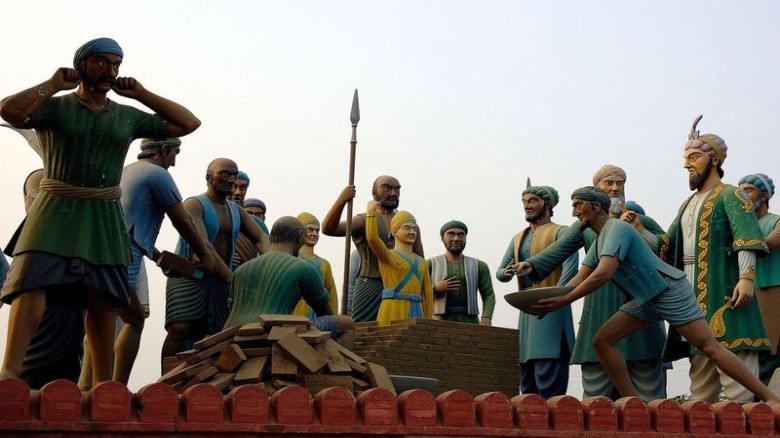
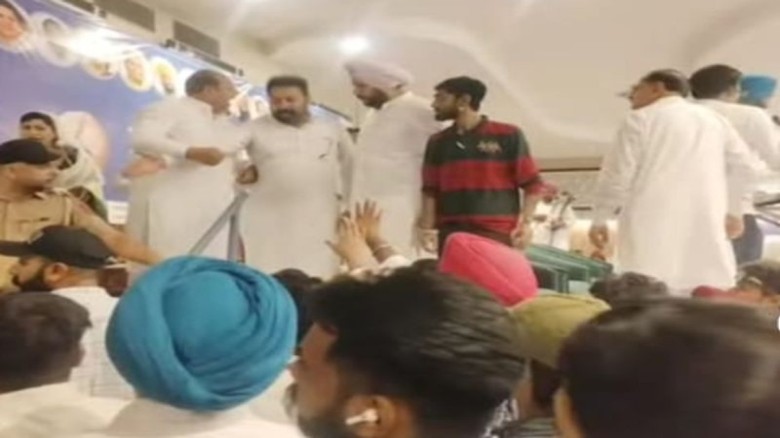
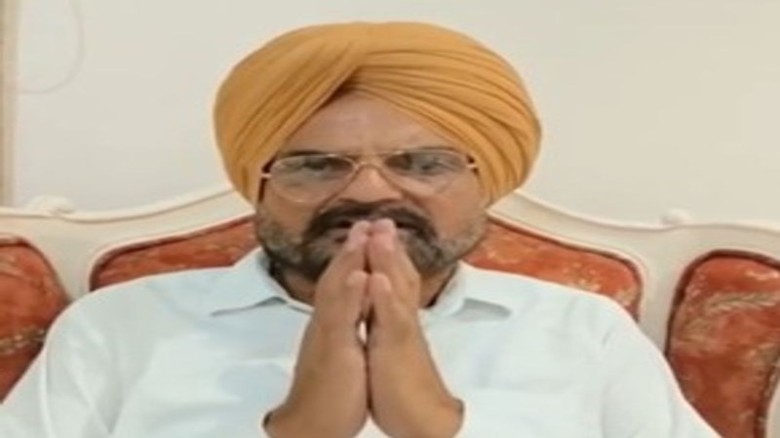
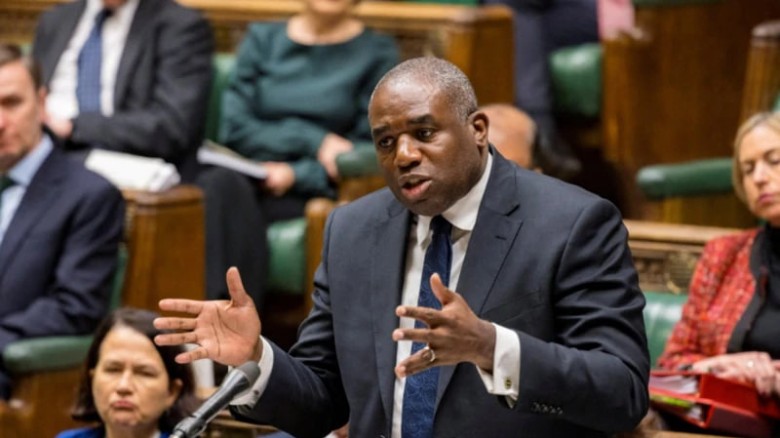
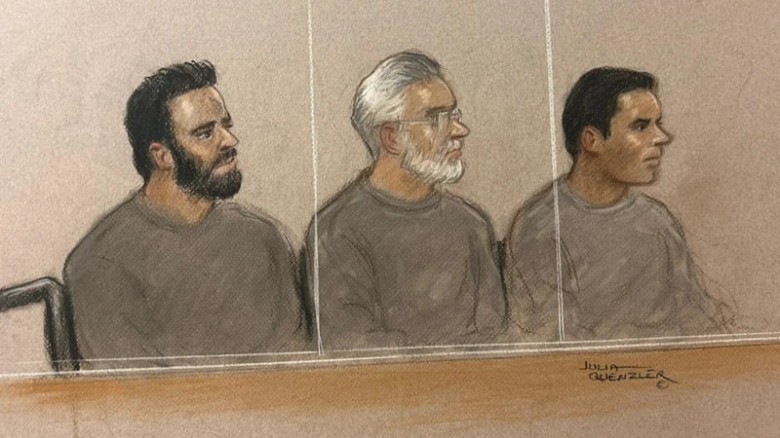



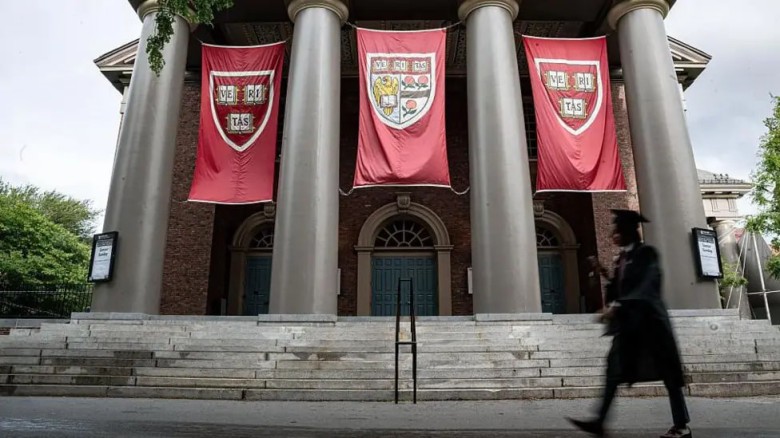

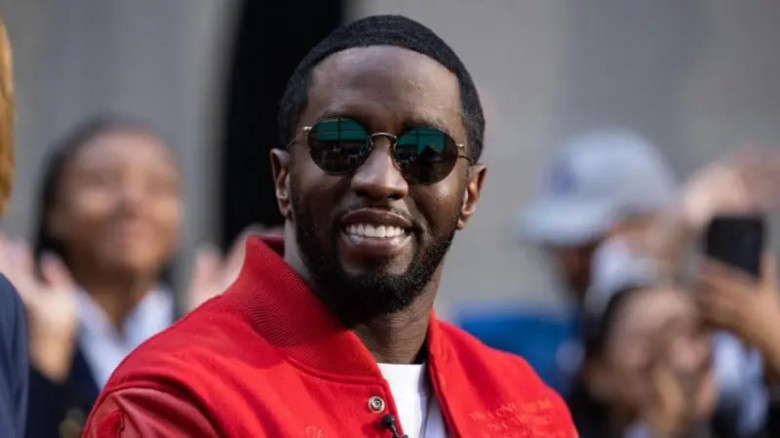
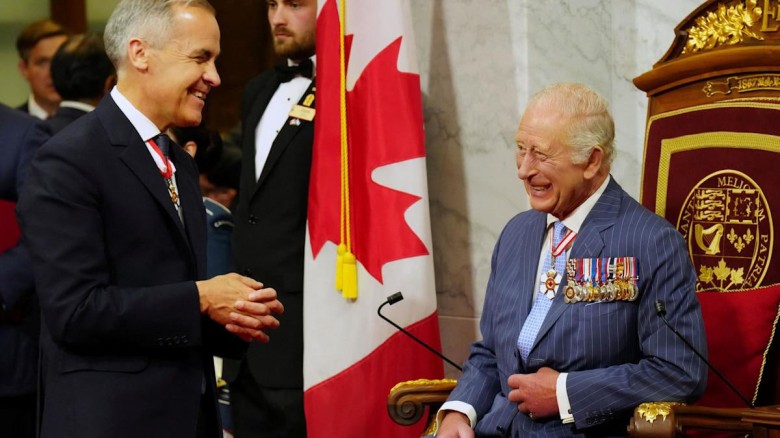
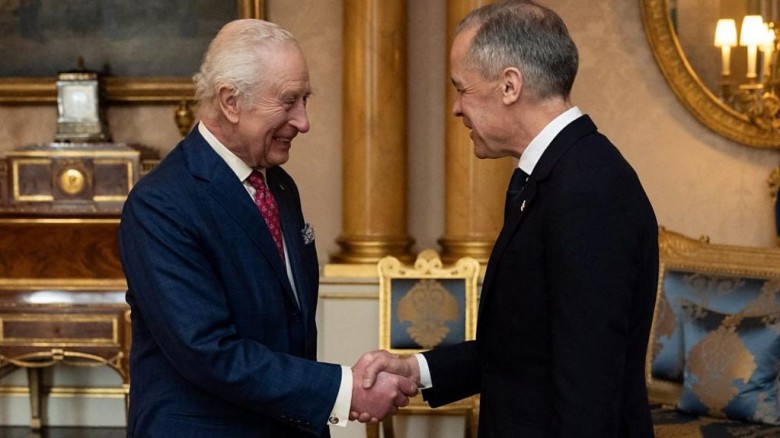


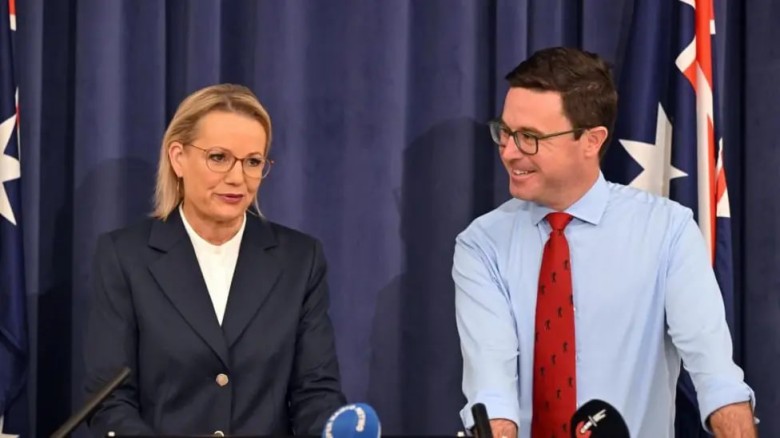



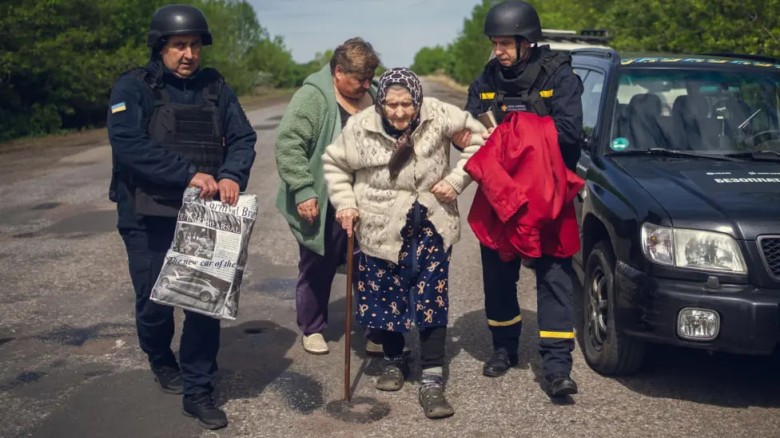
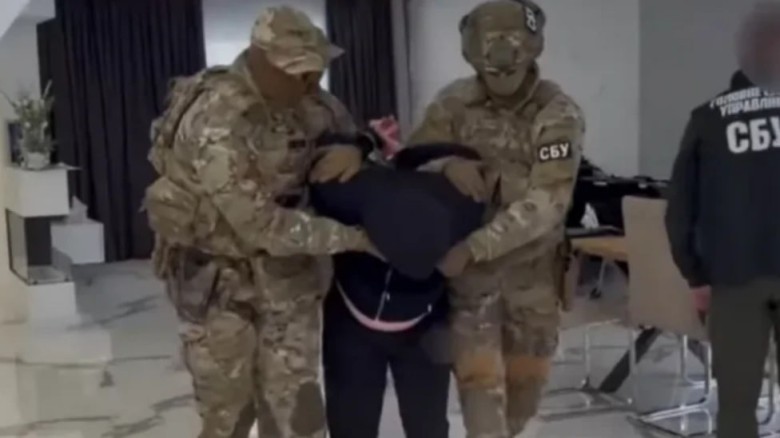
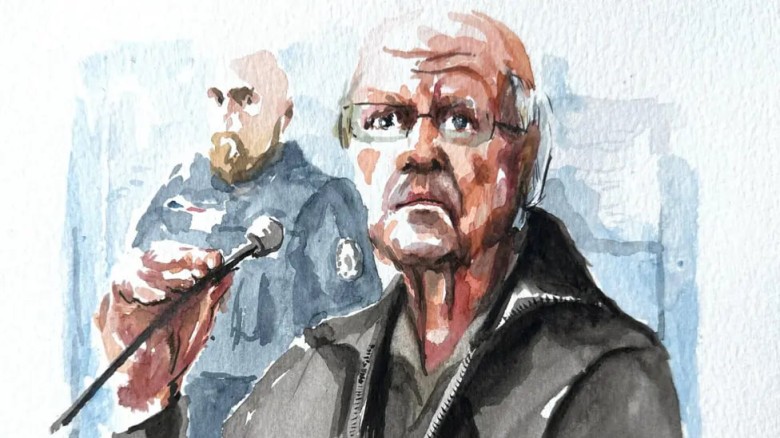
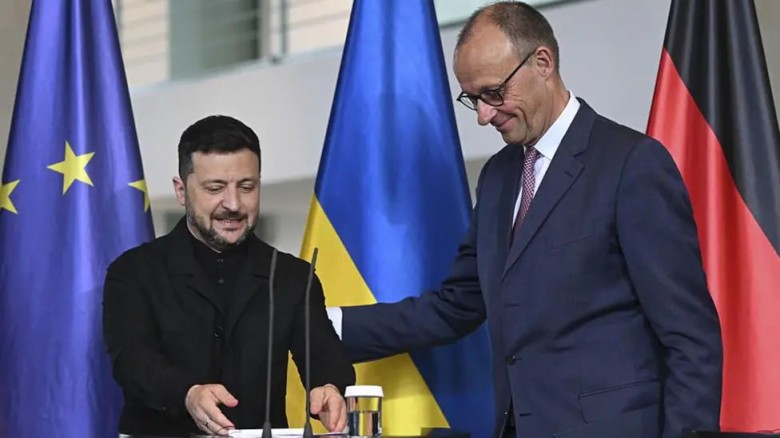


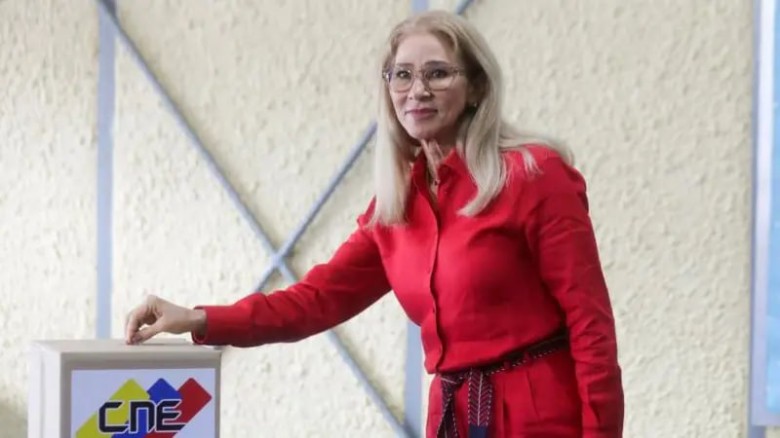

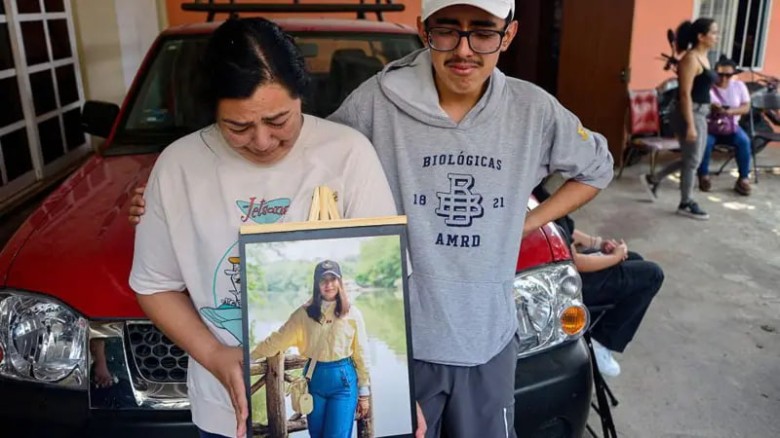








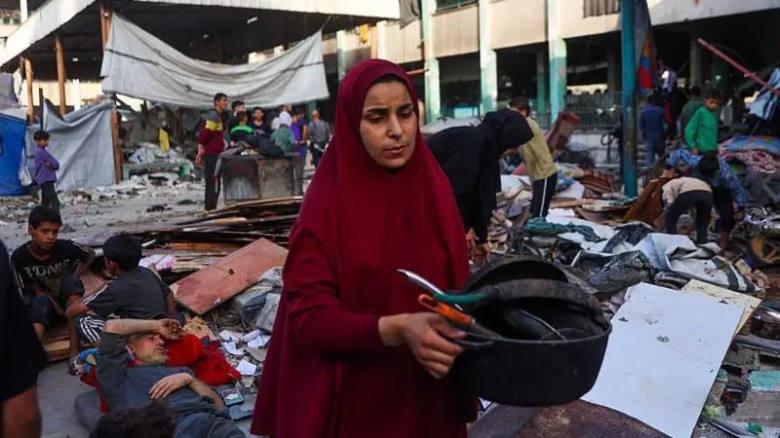
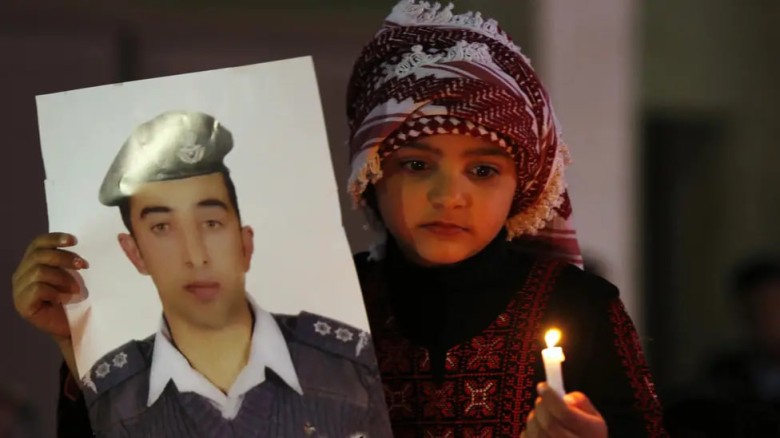
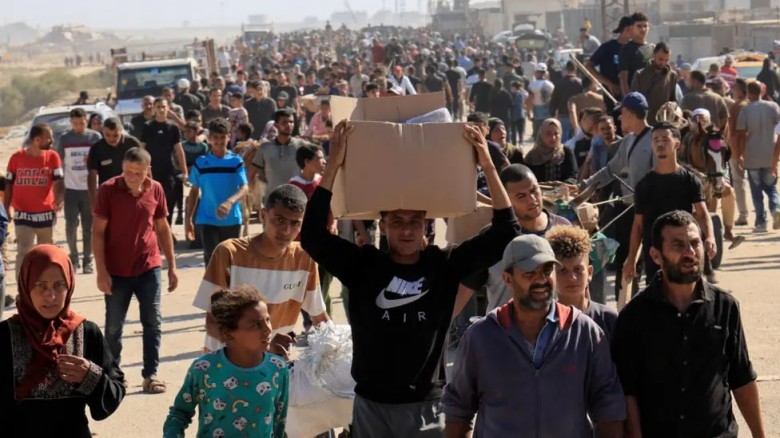
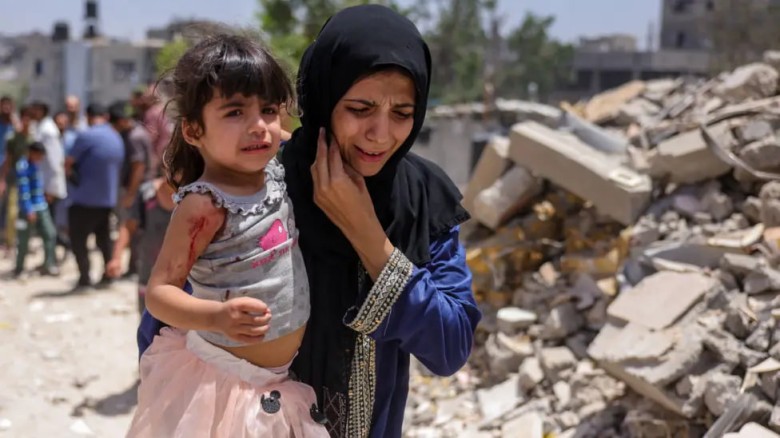







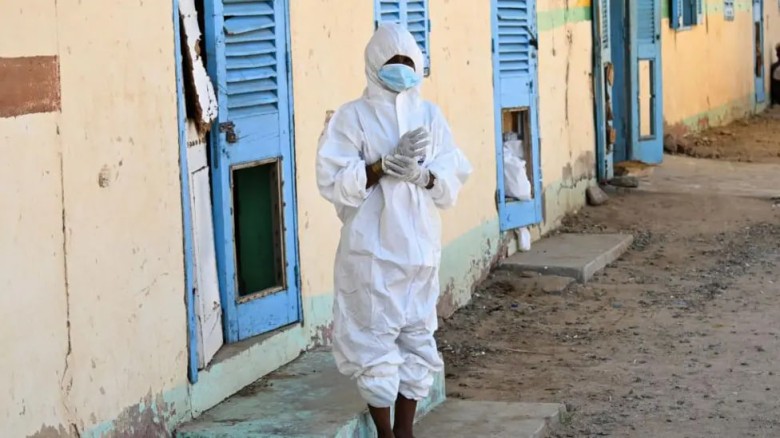
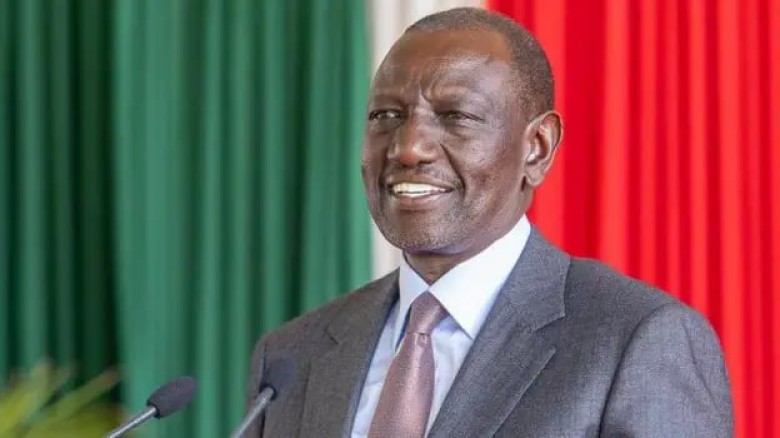
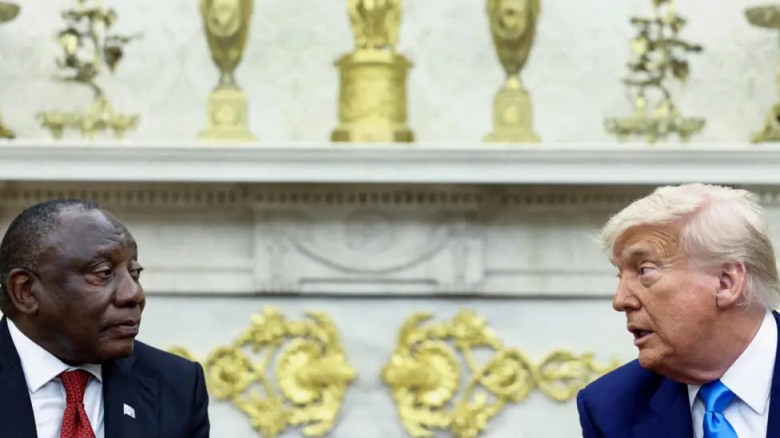
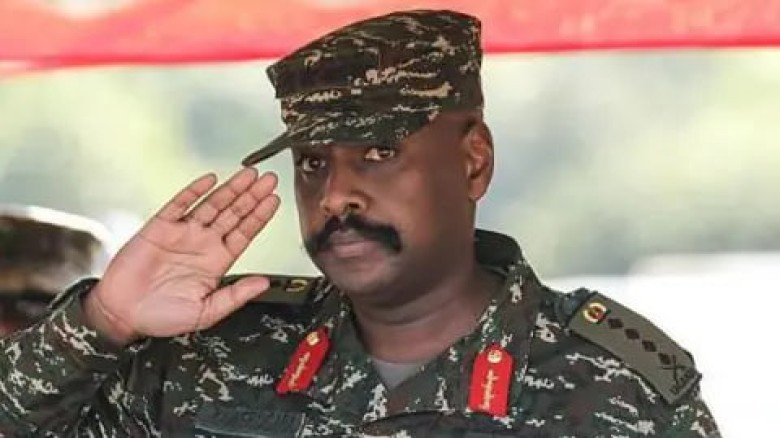



















Leave A Comment